Update: This article was last updated on 15 November 2023 to reflect the accuracy and up-to-date information on the page.

Why should we develop logical thinking in children?
It is an essential life skill that enables them to distinguish between right and wrong. It helps them make better decisions and realize the repercussions of their decisions. Most importantly, the experts say children cannot learn these skills on their own, these skills have to be fostered in them.
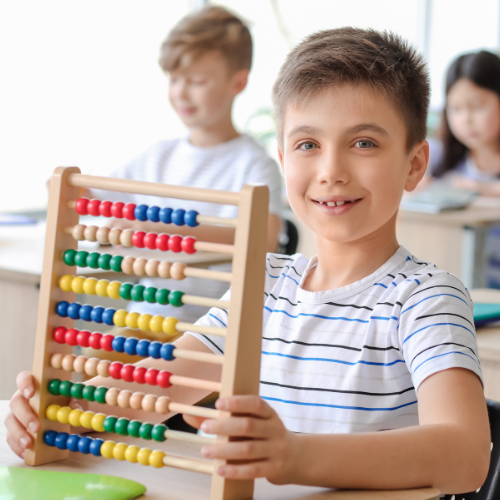
What is logical thinking?
Logic is defined as the study of correct reasoning. Logical thinking skill is the ability to understand a situation by observing facts and evidence from different angles. It trains the left hemisphere of the brain. An individual with logical thinking skills exhibits better reasoning, problem-solving, critical thinking, and communication skills.
What are the ways to enhance logical thinking in kids?
You don’t have to go out of your way to do it. You can turn day-to-day chores into learning opportunities.
Here are some ways to enhance logical thinking skills in children:
1) Ask open-ended questions
You can start by asking open-ended questions, which do not have one-word answers like yes or no; open-ended questions usually have explanatory answers.
It can revolve around general conversations.

For instance, your child is upset as you are not allowing them to go out and play because of the weather. They ask you, “Why aren’t you allowing me to go out?” Instead of directly answering the question, ask them, “Why do you think I am not allowing you to step out?” Allow them to think and reply.
You can give them open-ended stories to read. Such stories do not have a definite ending and they can draw their conclusions based on what they have read. Encourage them to end the story.
2) Encourage creative thinking
Creative thinking stimulates the brain’s right side, enabling you to think innovatively or differently. How will you instill creative thinking in your child? The best way is to avoid furnishing your child with solutions when they are stuck in a situation.
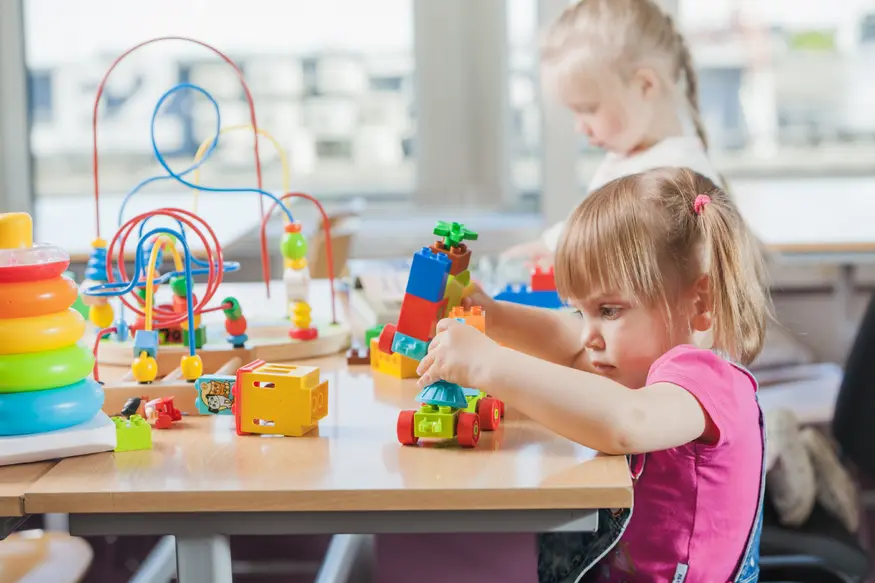
Allow them to resolve it. This is an interesting learning process involving creative thinking and problem-solving as they will come up with ideas or options to handle the situation. Don’t be surprised if they throw up out-of-the-box solutions.
3) Encourage logical reasoning
Logical reasoning is an integral part of the logical thinking process. If the child is in a situation, encourage them to analyze the problem objectively and come up with a rational solution. This will save them from making impulsive decisions and they will learn about the cause and effect of an action or event.

Logical reasoning optimizes observational skills; if practiced regularly, one can reap long-term benefits.
4) Encourage curiosity
Parents often suppress the curiosity of their children when they are going through the why phase because practically it is not possible to answer all their questions. It may sound like a cumbersome activity but allow your child to ask questions, provide opportunities to form and test their theories, allow them to experiment, etc.

This encouragement will lead to exploration and make them understand whatever they are thinking or doing “Does it make sense”.
This way you will foster their interests. If something interests children, they happily experiment and this investment enhances their knowledge.
5) Train them to evaluate information
We are living in an age of information where any information is just a click away. It is served on a platter and we lap it up without evaluating it, which is not the right way of consuming information. Therefore, we should train our children to evaluate information to determine its authenticity. Teach them about the basic steps of information evaluation:

- Accuracy: Is the information coming from a reliable source? For instance, a holiday is announced in the school. What should we do? We should verify the correctness of the information. If it is coming from the school administration, then it is correct because the administration is an authentic and reliable source.
- Authority: School administration has the authority to announce a holiday. Authorities use official email or phone nos to circulate the information.
- Relevance: Schools announce sudden holidays under extraordinary circumstances such as extreme weather conditions, pandemics, etc.
6. Engage Children in Logical Reasoning Puzzles
Challenge your children’s minds with logical reasoning puzzles, be it books, games, or questions specifically designed to exercise their brains. Make a list of logical reasoning puzzles for kids that offer an enjoyable way to enhance their reasoning skills.
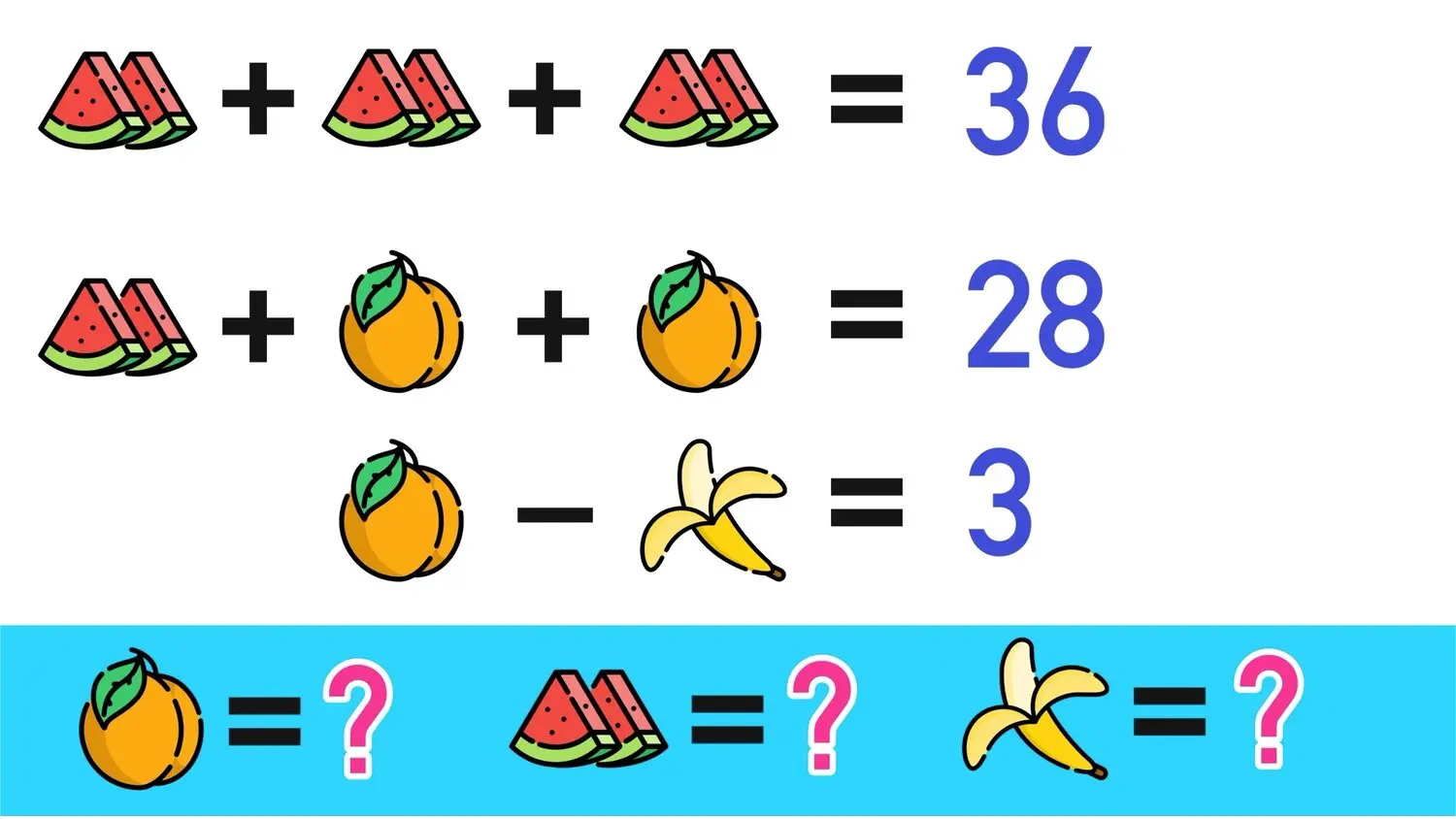
7. Encourage Activities of their Interests
Identify and focus on your child’s interests to make learning more enjoyable. For instance, if they love stories, incorporate storytelling exercises because logic is an integral part of storytelling. Logic makes the stories believable, characters acceptable, and actions justifiable. If video games capture their attention, explore online logical reasoning games designed for kids, Implement practice by playing with your kids.
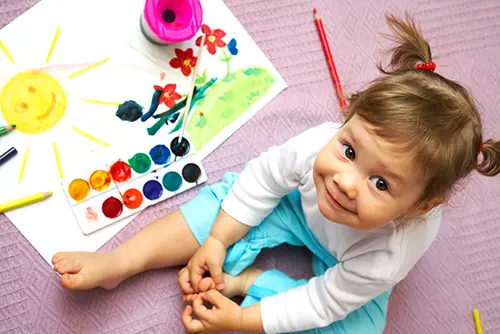
8. Encourage Problem-Solving
Provide your child with the opportunity to connect the dots independently. To solve a problem, they will have to apply logical thinking. Offer necessary information for problem-solving while allowing them to draw conclusions on their own. Model effective problem-solving, but empower them to find their own answers, fostering independence and enhancing logical reasoning.

9. Embrace Failure as a Learning Opportunity
Teach your kids not to fear failure. Teach them that everyone encounters setbacks and that learning from failures is crucial for eventual success. When they face disappointment, they reflect on their action and must apply logical thinking to find ways to improve and win.
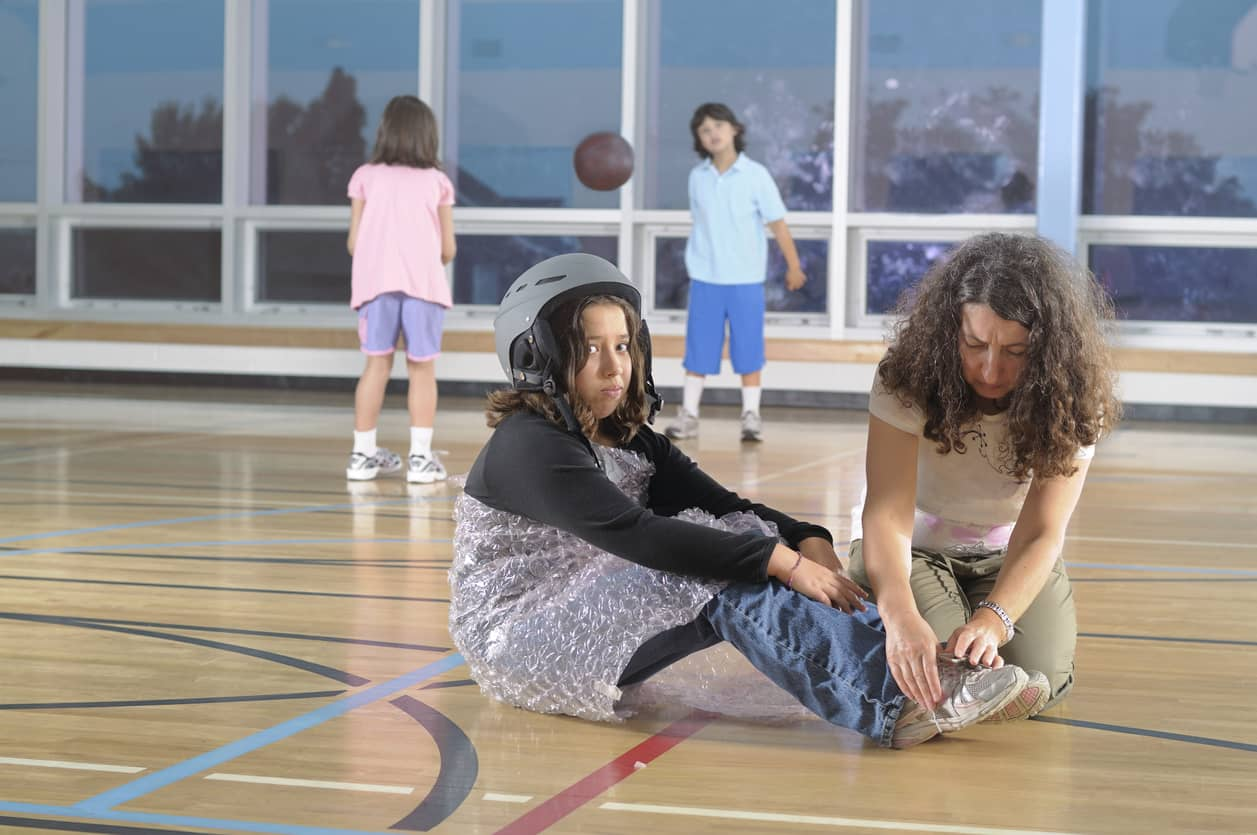
10. Offer Resources and Guidance When Needed
While encouraging independent thinking, recognize moments when kids might hit roadblocks due to limited experience or knowledge. Provide resources such as books, internet access, or essential information to help them overcome challenges. This instills the importance of seeking help when necessary.
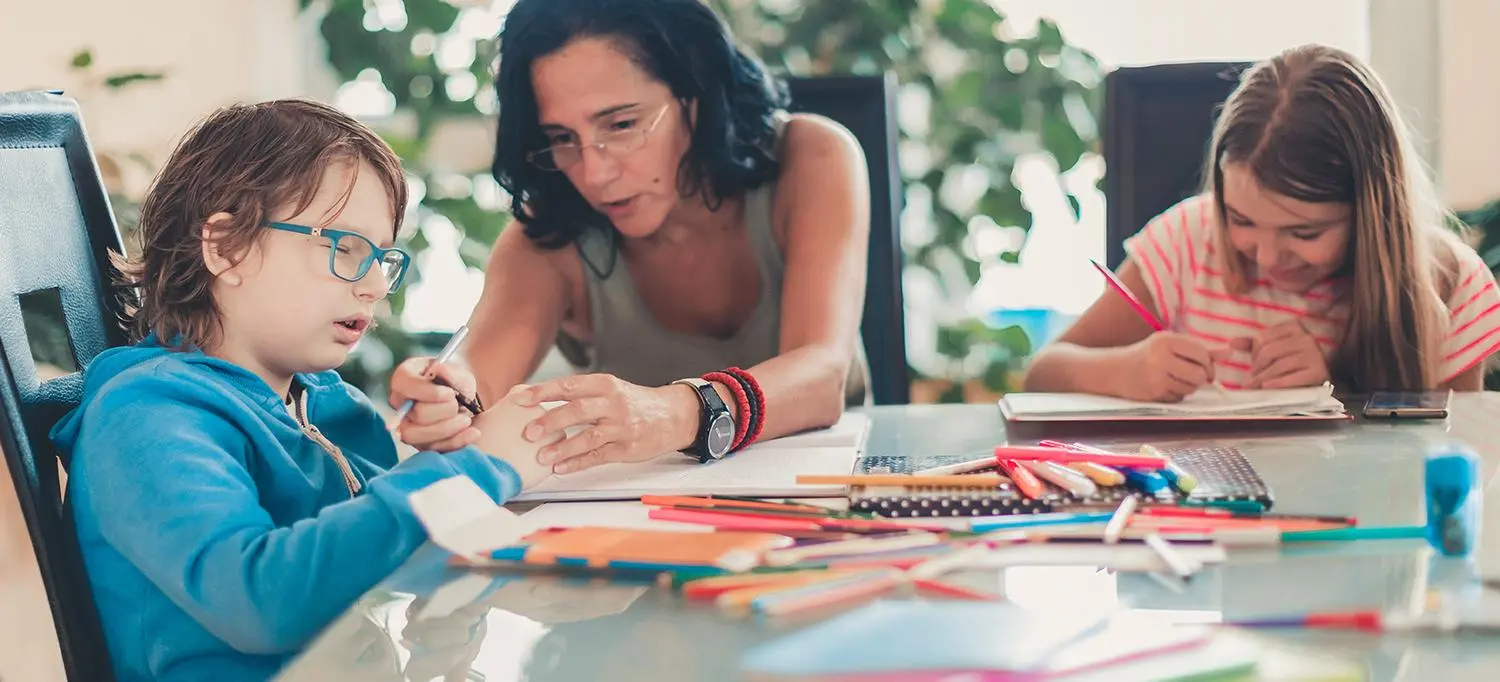
Here’s How Logical Thinking Helps Your Kids
1. Mathematics Proficiency:
Logical reasoning is fundamental to mathematical concepts. By engaging in logical activities, children strengthen their understanding of mathematical principles, which is essential for success in school and many careers.
2. Memory Enhancement:
Engaging in logical activities, such as puzzles and games can improve memory retention. These activities often require the recall of information and the application of previously learned concepts.
3. Analytical Skills:
Logical thinking enhances analytical skills, enabling children to evaluate situations, identify patterns, and make connections between different pieces of information. This skill is valuable across various subjects and real-world scenarios.
4. Decision-Making Skills:
Logical thinking helps children weigh pros and cons, consider alternatives, and make informed decisions. Developing this skill early in life can contribute to better decision-making as they grow older.
5. Creativity:
While logic and creativity might seem at odds, they are complementary. Logical thinking helps children approach creative tasks in a structured manner, ensuring that their creative ideas are well-founded and practical.
Conclusion
Logical thinking plays a crucial role in one’s professional life where dynamics are constantly changing and leaders shouldn’t get carried away by the sequence of events. They should be level-headed and can analyze situations and evaluate information to arrive at a logical solution.
At Moonpreneur, we help your child hone logical thinking skills to give them an edge in an increasingly competitive global landscape to enhance their academic performance. To know more book a free trial or enroll for Power Skills course.
















How early should I start focusing on developing logical thinking skills in my child?
I think kids already have logical thinking skills by birth. You don’t need to teach them.
Any specific game that promotes logical thinking skills?
I bought my son a Rubik’s Cube. You can also try.
Why put soo much pressure on kids? Just allow them to explore things, and they’ll learn all these skills on their own.
Chess is the best way to teach all these skills. I see great results in my child’s creative and logical thinking.
What is the best age, to begin and feed a sense of logical and critical thinking in a child?
Critical and logical thinking in human development typically begins to emerge during the ages of 5 to 9, a period during which significant brain development emerges.
How is critical thinking and logical thinking different from each other?
Logical thinking is a straightforward method that uses logic or analysis to evaluate a situation. Critical thinking, on the other hand, builds on logical thinking by taking it a step further, involving a more comprehensive and evaluative approach to information and situations.